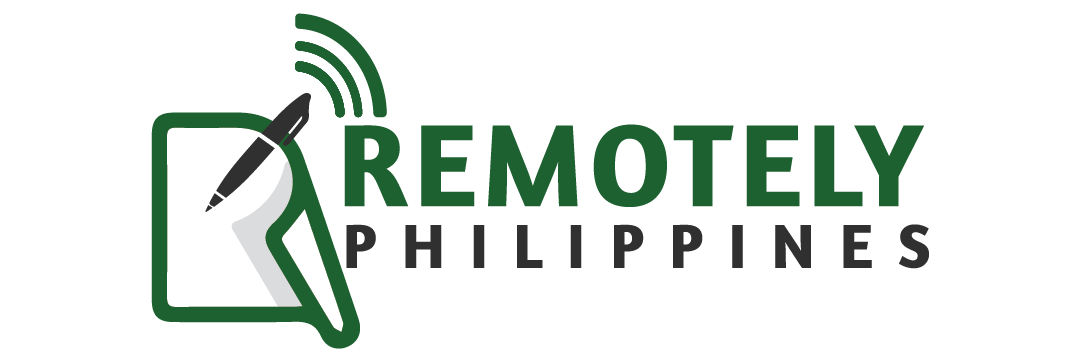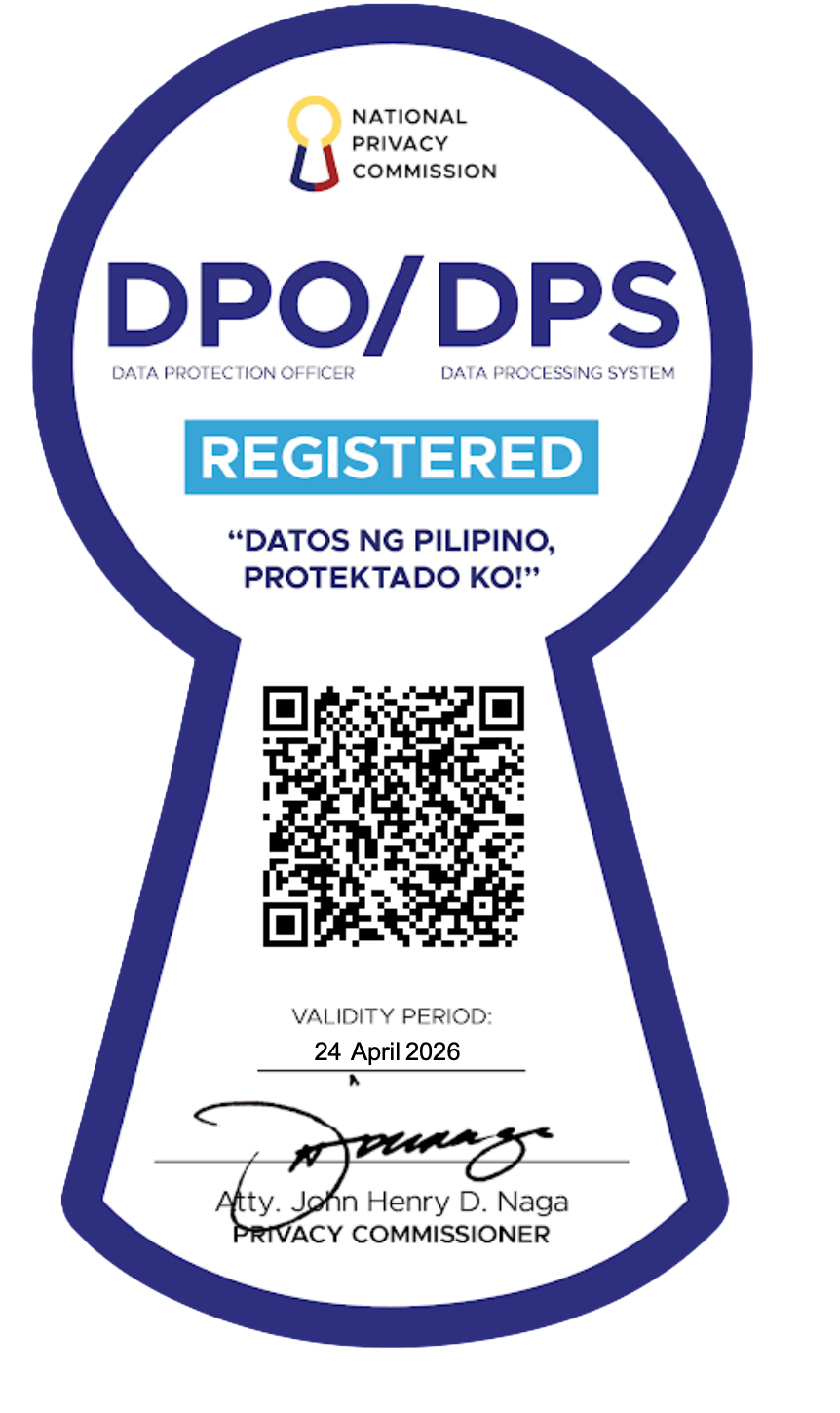The Underrated Power of Soft Skills in Accounting
In a profession where the cornerstones are precision and accuracy, we are also seeing a growing emphasis on so-called soft skills.
These are the traits that complement your technical expertise and help you navigate the intricacies of human interactions, client management, and adaptability in an ever-evolving industry.
So, what are these soft skills, and why are they becoming indispensable for accountants today? Let's dive in.
What Exactly Are Soft Skills?
Imagine soft skills as the social glue that bonds your technical know-how with real-world interactions. They are the personal attributes that enhance your interactions, job performance, and career prospects.
Unlike hard skills, which are about your technical ability to perform tasks, soft skills relate to who you are, how you manage your relationships, and how you solve problems. They are less about what you know and more about how you apply that knowledge in the workplace.
Top Five Soft Skills for Accountants
Here are some of the top soft skills that are relevant to the accounting profession. Having these skills can help professionals step up and excel in their careers.
1. Communication Skills
Clear communication is a must-have skill for any professional, more so for those working in accounting. Being able to break down complex financial data into digestible, actionable information for clients without a background finance is a good skill to have. It's about clarity, engagement, and making the complex understandable.
2. Creative Problem-Solving Abilities
Accounting isn't just about balancing books; it's about finding innovative solutions to financial puzzles. Staying up-to-date with industry trends and continuously learning are keys to offering relevant and creative advice to clients.
3. Eagerness to Discover and Learn
Continuous learning is an important aspect of professional life, especially in the finance and accounting sector, which is constantly evolving. Laws and regulations shift, and new technologies emerge. As a result, services evolve, and the needs of the market may change over time.
To stay ahead of the curve and thrive in their career, accountants need to be creative and have a strong desire to learn and adapt.
4. Impeccable Time Management Skills
Deadlines are non-negotiable in accounting. As an accountant, it's important to pay strict attention to deadlines, as the smallest delay could have legal or financial ramifications.
From tax filing to document submissions, there are many crucial dates to remember. As such, accounting professionals should have good time management skills. Effective time management goes beyond working efficiently; it's about prioritizing tasks to ensure compliance and client satisfaction.
By carefully planning and allocating time, accountants can balance competing demands and meet all their obligations.
5. Organizational Skills
Organization is the silent hero of successful accounting practices. It's about managing information flow and being meticulous with documentation to uphold client trust and project a professional image.
Developing and Harnessing Soft Skills
Incorporating soft skills into your professional life isn't a one-off task; it's a continuous journey. From attending workshops to practicing mindfulness and self-reflection, there are myriad ways to hone these abilities.
Remember, the goal is to complement your technical expertise with a persona that reflects confidence, empathy, and agility.
FAQs
What are soft skills in accounting?
Soft skills in accounting refer to personal attributes that improve an accountant's ability to interact effectively with clients, manage time and projects efficiently, and adapt to changes within the industry.
Why are soft skills important for accountants?
Soft skills are crucial for accountants as they enhance client relationships, facilitate better understanding of complex information, and ensure adaptability in a rapidly changing financial landscape.
How can accountants improve their soft skills?
Accountants can improve their soft skills through continuous learning, seeking feedback, practicing communication strategies, and developing organizational systems that streamline their workflow.
Sign up for our newsletter
Get regular curated content on management, outsourcing, and everything you need to know to stay ahead of the curve.









